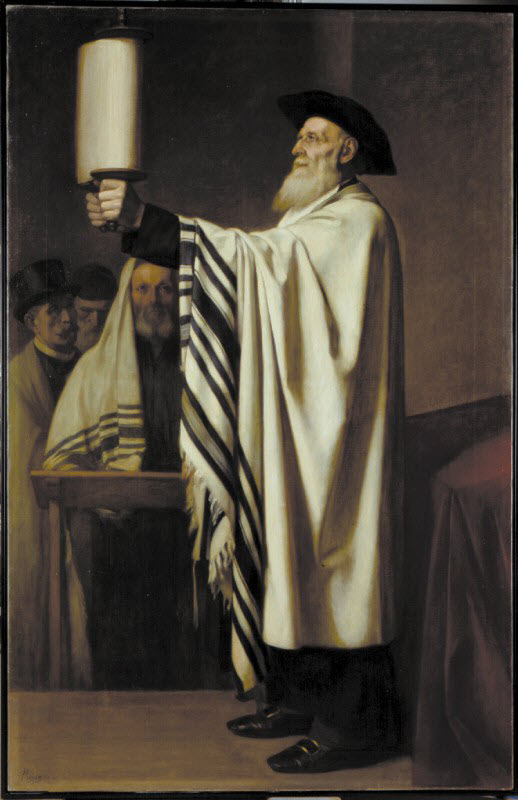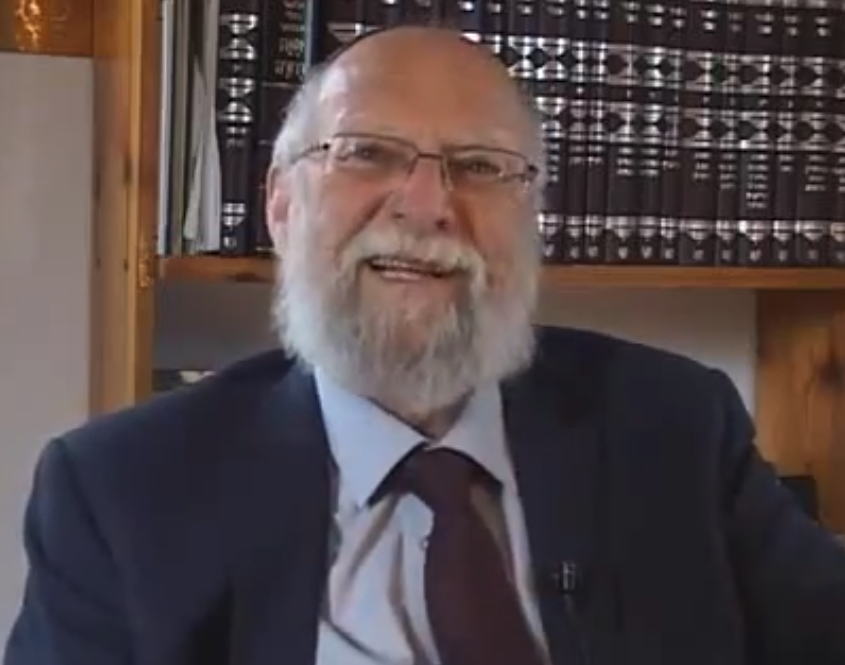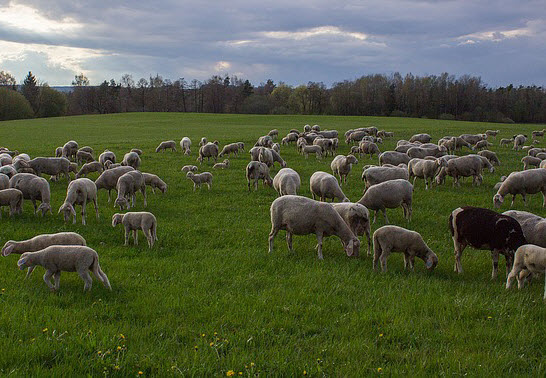
by Rabbi Nachman Kahana | Feb 5, 2018
Among the many halachic issues in the parasha, there are the four categories of shomrim (guardians or watchmen) who do not return the items under their care and are required to swear before a rabbinic court, while holding a Torah scroll, that they were not guilty of negligence.

by Rabbi Nachman Kahana | Jan 23, 2018
There is a defect in our personalities, like a scratch on a record that keeps repeating itself with every turn of history. The fantastic tenacity of the refugees on the Exodus and other ships to reach these hallowed shores was, in no small part, the reaction of the prohibition of coming here. Had the British opened the gates to the Holy Land, I would venture to say that many would not have come.

by Rabbi Nachman Kahana | Jan 10, 2018
In place of his usual article on the parashat and current events, this week Rabbi Nachman Kahana prefers to share with you this video interview about being a Jew vs. being Jewish, along with his personal aliyah story and some of his family’s experiences living in Israel.

by Rabbi Nachman Kahana | Jan 2, 2018
HaShem appears to Moshe at the “burning bush” with a message of hope and salvation (Shemot 3,7-8):
7) And HaShem said, “I have indeed seen the suffering of my people in Egypt. I have heard them cry out because of their slave drivers, and I am concerned about their suffering.
8) So I have come down to rescue them from the hand of the Egyptians and to bring them up out of that land into a good and spacious land, a land flowing with milk and honey—the present place of the Canaanites, Hittites, Amorites, Perizzites, Hivites and Jebusites…
In this initial revelation to Moshe (3,7-8) HaShem refers to the people and to the land. The spiritual Torah factor is alluded to only in verse 12:
And HaShem said, “I will be with you. And this will be the sign to you that it is I who have sent you: When you have brought the people out of Egypt, you will worship God on this mountain.”

by Rabbi Nachman Kahana | Dec 26, 2017
After UNESCO’s ludicrous and absurd resolution that the Jewish people have no historic connection to the Temple Mount, and after last week’s UN Security Council and General Assembly’s antagonistic rejection of the US recognition of Yerushalayim as Israel’s capital, our best reply is from last Shabbat’s haftara of parashat Vayigash (Yechezkel 37,25-28)

by Rabbi Nachman Kahana | Dec 19, 2017
The most surprising and even amazing reaction exhibited by any of the personalities in our parasha is that of Paro (45,16) when he was informed that Yosef’s brothers had arrived in Egypt (45,16):
16 When the news reached Paro’s palace that Yosef’s brothers had come, Paro and all his officials were pleased.
17 Paro said to Yosef, “Tell your brothers, ‘Do this: Load your animals and return to the land of Canaan,
18 and bring your father and your families back to me. I will give you the best of the land of Egypt and you can enjoy the fat of the land’.”
This was surprising and amazing in light of the repugnance that Egyptians felt towards Hebrews, as stated when the brothers were brought to eat in Yosef’s home (43,32):
32 They served him (Yosef) by himself, the brothers by themselves, and the Egyptians who ate with him by themselves, because Egyptians could not eat with Hebrews, for that is detestable to Egyptians.











